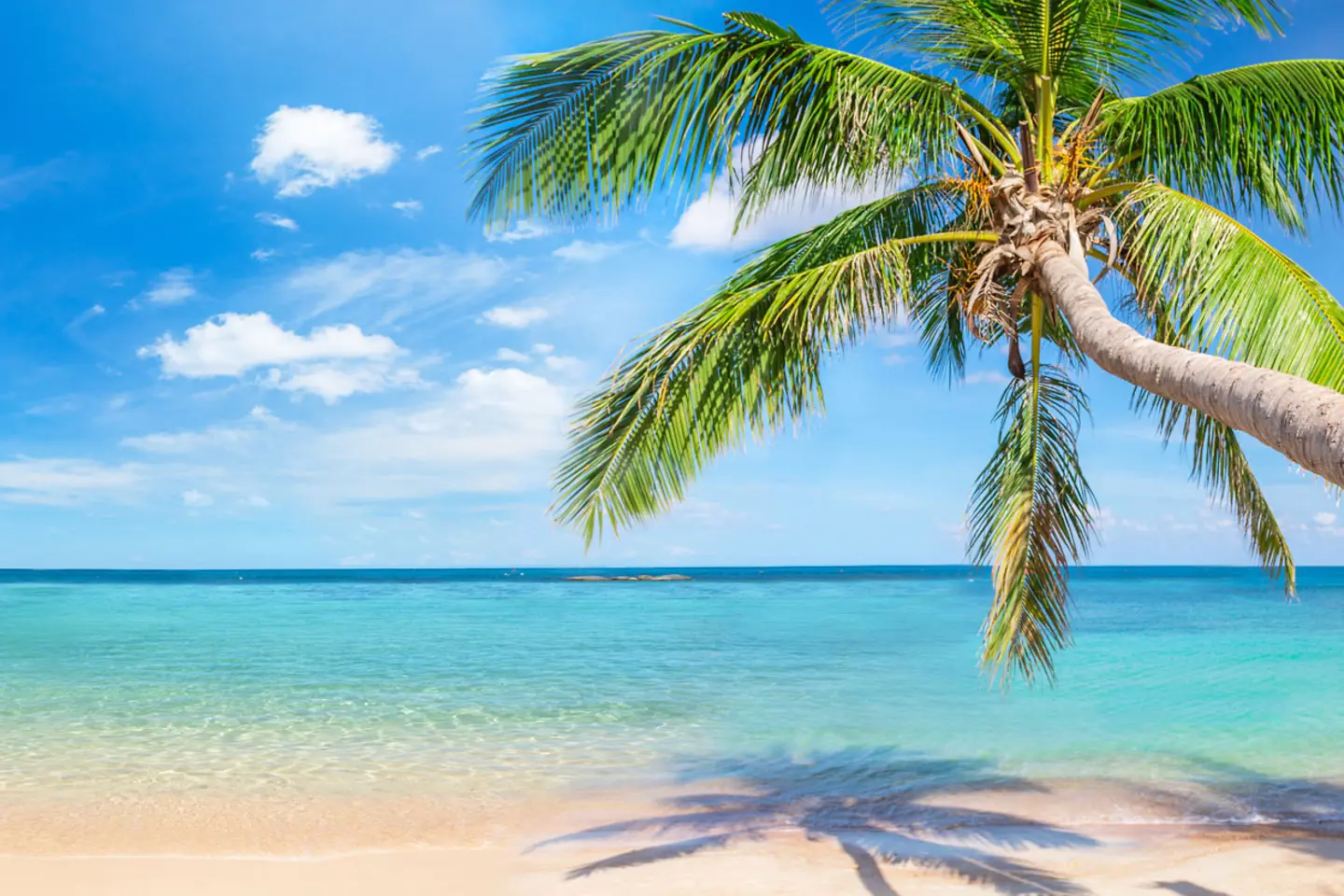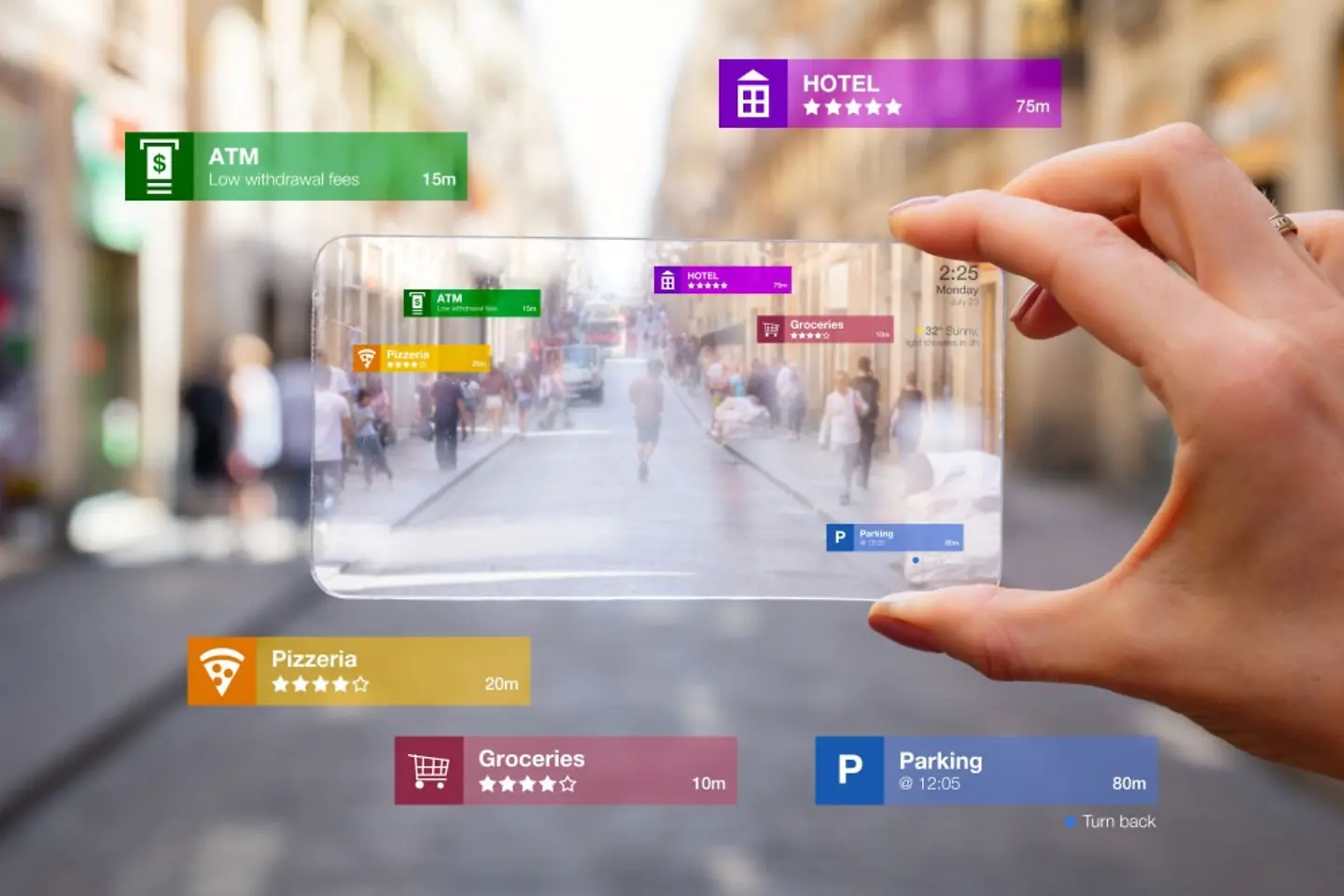
As with most tourist destinations, the flip-side of the coin is the difficulty in controlling enormous flows of visitors during the peak season. The consequences of this are overcrowded beaches, water shortages, gridlock, frustrated residents, and disappointed tourists. To avoid these problems, Adeje has become a smart tourist destination. T-Systems will roll out the AERO-PULSE city platform, on the basis of which the 14 components of this project will be developed. Interactive information points and intelligent management systems on the beaches gather data on visitor numbers, water consumption in showers, or noise levels, for example, and use these data to more efficiently configure services and make the lives of tourists, employees, and residents easier.

The goal is to create an intelligent platform that will facilitate a restructuring of municipal services into an integrated model, improve management of public services, and increase the transparency of information available to residents and tourists. With enhanced information and communication technologies, Adeje can fulfill these goals it has set itself as a tourist destination, ensuring that the needs of tourists, residents, and the municipal administration are quickly and individually addressed.
The tourists of the digital age don't simply want to visit a destination, they want to enjoy a unique, genuine experience. The availability of information and the use of intelligent systems can significantly improve the integration and interaction of tourists with their destination. Thanks to the hyper-connectivity of the new applications and the platform, the vacation experience in Adeje has become far simpler and more flexible. Various participants can connect with the platform and instantly exchange information about tourist activities with no delay. The municipal administration of Adeje also benefits from the optimization of resources and enhancement of capabilities. The platform supports the management of public services, the monitoring and control of resident services, and the improvement of the experience for residents and tourists in the town.
The project will also facilitate civic participation through the open source participation platform CONSUL and the Smart Adeje app. This will allow residents to register their concerns and receive help more quickly. During the implementation of the individual project phases, an intelligent, networked system will improve resource management, while optimizing the competitive edge of Adeje as a vacation destination and maximizing consumer satisfaction. The project will also contribute to the fulfillment of the island's sustainability requirements, such as the sparing use of water as a vital resource or the improvement of the carbon footprint. As the project develops, new avenues may emerge that enhance the tourist experience and open up additional opportunities to all stakeholders.
We are making an investment to ensure that the new digital tools and technologies available to us enhance Adeje as a tourist destination and increase our appeal for visitors. Above all, we are investing in improving people’s lives, being more efficient and effective, and doing everything in our power to reduce emissions and our carbon footprint. This project is contributing to these goals.
José Miguel Rodríguez Fraga, Mayor of Adeje.
With its beautiful beaches and temperate climate, Adeje is increasingly becoming a hub for tourism in the region. With the world returning to normality following the pandemic and visitors starting to pour in once more, the municipal administration was looking for innovations and modern opportunities for meeting the needs of the new “digital tourists” – tourists who are well informed and want access to new information at all times. Each year, the large number of tourists presents the regional administration with a huge challenge, one for which there are only a limited number of employees to address. Capacity bottlenecks during the peak season must be sensibly regulated, to ensure that nothings stands in the way of a beautiful holiday experience for the guests. Alongside overcrowded beaches, requirements for the sustainable use of water and energy must also be considered. Aside from this, the solution must take into account the concerns of residents and provide data and transparency to municipal employees to help them manage visitor crowds.
Today, technology plays a decisive role in the interaction of tourists with their environment, simplifying the process of integrating them into their surroundings and improving both the quality of their experience and the quality of life for residents in equal measure. Initially, the Smart Tourist Destination project for Adeje was allocated around six million euros, including a contribution from the initiative Intelligent Tourist Destinations by Red.es with co-financing from the European Regional Development Fund via the Spanish Pluri-regional Operational Program.
As part of the transformation of Adeje into a smart tourist destination, technological innovations and procedures will improve the efficiency of resource management, maximize Adeje's competitive edge, and increase sustainability. The municipal administration wanted a central, intelligent platform, which could be used by municipal employees, tourists, and residents to access essential information. The new technology will also improve the efficiency of municipal services, for example, controlling the numbers of visitors on the most popular beaches or optimizing water consumption at beach showers during peak hours.
For the implementation of the DTI Project for Adeje, T-Systems developed the platform Adeje DTI Smart and the Smart Adeje app. The project will monitor the flow of people on ten major beaches in Adeje using a camera system that utilizes a variety of counting methods. In addition, water consumption in the beach showers, noise levels, and other data will be gathered, which the municipal administration will be able to access through a “Smart Beach” control console. All sensors and IoT (Internet of Things) devices are connected and will supply data to the central platform. Staff and vacationers will be able to access this data through the platform and the app.
In addition to this system, there are also interactive information points available for residents and tourists to use. The collected data and predictive analysis can help the municipality with active management tasks, for example, through timely notifications, and can help tourists make informed decisions. For example, if a visitor is informed through the app that their preferred beach is already full, they can decide to visit another attraction on the island instead. In addition to smart beach management, the project will also focus on smart irrigation systems, smart illumination, smart waste management, smart parking guidance systems with 360-degree visibility, Wi-Fi for tourists, and the improvement of energy consumption for 37 public buildings.
These solutions will be integrated into the AERO-PULSE platform. The development of the communication network LoRaWAN™ enables communication between the individual project components. Another part of the project is the development of the mobile app Smart Adeje. The app can be fully customized to suit the preferences of the user and will present information about tourist attractions in Adeje, local public transport, and smart parking spaces. In addition to information about smart elements within the municipal management systems, the app also helps visitors to plan their stay. Alongside this, the app also features a location-based notification service, which is based on the installation of more than 200 Bluetooth beacons across the entire town.